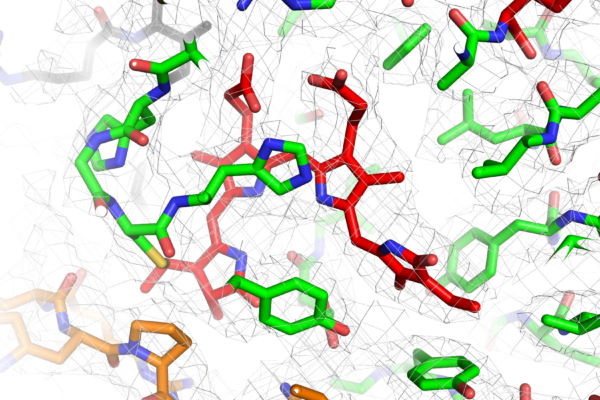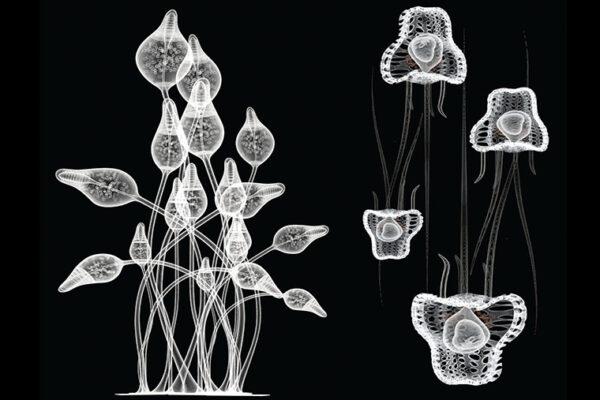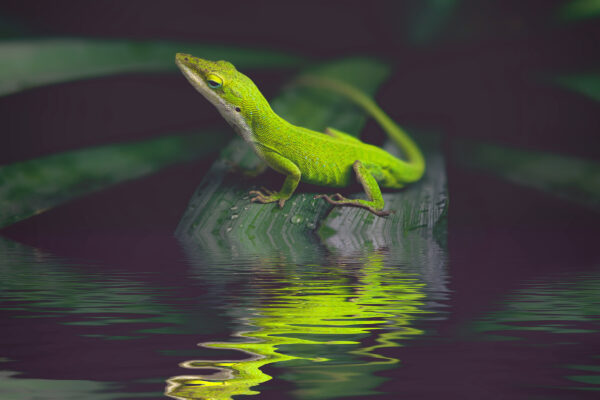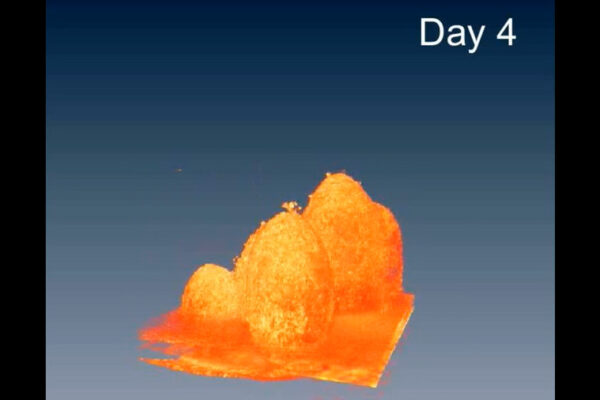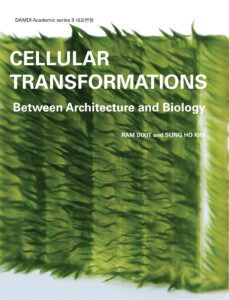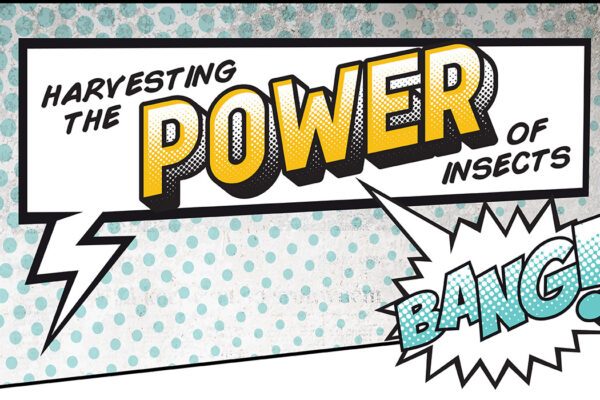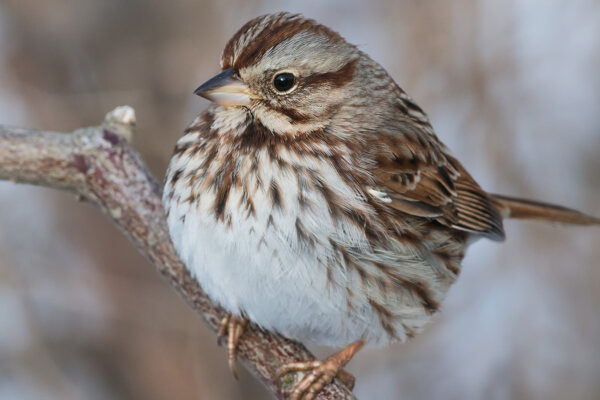Fangqiong Ling
Fangqiong Ling shares her love for science both inside the classroom and outside in the St. Louis community. Her commitment to impactful research has earned her recognition from associations, mentors and colleagues.
Molecular ‘blueprint’ illuminates how plants perceive light
Biologists led by Richard Vierstra in Arts & Sciences have determined the molecular structure of the vital photoreceptor PhyB, revealing a wholly different structure than previously known. The findings, published March 30 in Nature, have many implications for agricultural and “green” bioengineering practices.
Architecture, biology and ‘Cellular Transformations’
Architecture inspired by biology is not a new concept. But typically, “architecture has imitated the imagery of biology and nature without awareness of the underlying mechanisms,” argue Ram Dixit and Sung Ho Kim in “Cellular Transformations: Between Architecture and Biology.”
Renner edits special issue on separate sexes in plants
Biologist Susanne S. Renner in Arts & Sciences assembled and edited 15 papers that synthesize and challenge the current understanding of how plants separate into male and female functions for Philosophical Transactions B, published by The Royal Society.
How geography plays a role in evolution
Biologist Michael Landis has developed a new method to measure the extent to which regional geographic features — including barriers between regions, like mountains or water — affect local rates of speciation, extinction and dispersal for species. He considered anole lizards as a test case.
Imaging method shows beating, development in human heart model
A research team led by Chao Zhou at the McKelvey School of Engineering has used a safe, noninvasive imaging technique to observe the development of a human heart organoid over 30 days.
Cellular Transformations
Between Architecture And Biology
“Cellular Transformations” presents a course developed for students who are interested in emerging technologies and cross-disciplinary approaches in design strategies. Relying on how advances in engineering and biology are influencing design production and implementation, professors Ram Dixit and Sung Ho Kim at Washington University in St. Louis explore the premise that structure (or form) and […]
Don’t smash that bug!
Bugs. We squish ’em, smash ’em, fear ’em, scare ’em, spray ’em, sweep ’em, flick ’em and generally misunderstand them. But perhaps it’s time we rethink our relationship to our tiny, multi-legged invertebrate friends who have been around since long before we humans got here — and will be here long after we’re gone. Insects […]
Brainy birds may fare better under climate change
Many North American migratory birds are shrinking in size as temperatures have warmed over the past 40 years. But those with very big brains, relative to their body size, did not shrink as much as smaller-brained birds, according to biologists in Arts & Sciences. The study in Ecology Letters is the first to identify a direct link between cognition and animal response to human-made climate change.
Herzog to test how cortical neurons, hormones regulate daily patterns of behavior
A five-year nearly $2 million project led by biologist Erik Herzog in Arts & Sciences will use machine learning and other tools to improve understanding of how the brain is organized as a network of synchronized circadian cells.
Older Stories

